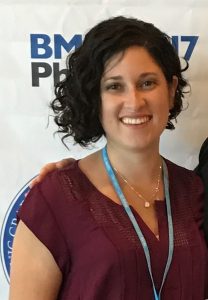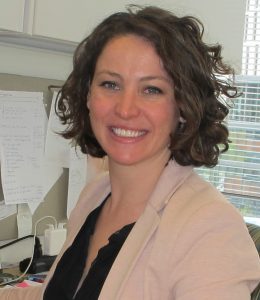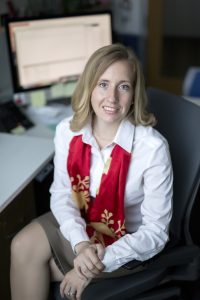
Penn Bioengineering alumna Cynthia Reinhart-King, Cornelius Vanderbilt Professor of Engineering and Professor of Biomedical Engineering at Vanderbilt University, was elected the next President of the Biomedical Engineering Society (BMES), the largest professional society for biomedical engineers. Her term as president-elect started at the annual BMES meeting in October 2021.
Reinhart-King graduated with her Ph.D. from Penn Bioengineering in 2006. She studied in the lab of Daniel Hammer, Alfred G. and Meta A. Ennis Professor in Bioengineering and Chemical and Biomolecular Engineering as a Whitaker Fellow and went on to complete postdoctoral training as an Individual NIH NRSA postdoctoral fellow at the University of Rochester. Prior to joining Vanderbilt, she was on the faculty of Cornell University and received tenure in the Department of Biomedical Engineering. The Reinhart-King lab at Vanderbilt “uses tissue engineering, microfabrication, novel biomaterials, model organisms, and tools from cell and molecular biology to study the effects of mechanical and chemical changes in tissues during disease progression.”
Reinhart-King gave the 2019 Grace Hopper Distinguished Lecture, sponsored by the Department of Bioengineering. This lecture series recognizes successful women in engineering and seeks to inspire students to achieve at the highest level. She is a recipient of numerous prestigious awards, including the Rita Schaffer Young Investigator Award in 2010, an NSF CAREER Award, and the Mid-Career Award in 2018 from BMES.
In a Q&A on the BMES Blog, Reinhart-King said that:
“BMES is facing many challenges, like many societies, as we deal with the hurdles associated with COVID-19 and inequities across society. We must continue to address those challenges. However, we are also in a terrific window of having robust membership, many members who are eager to get involved with the society’s activities, and a national lens on science and scientists. One of my goals will be to identify and create opportunities for our members to help build the reach of the society and its member.”
Read “Cynthia Reinhart-King is president-elect of the Biomedical Engineering Society” in Vanderbilt News.

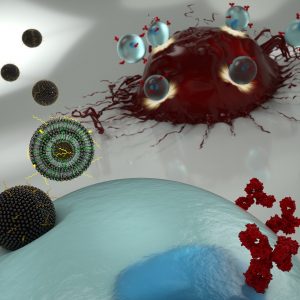


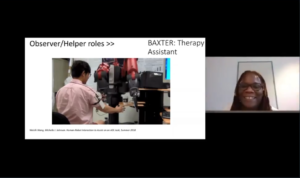

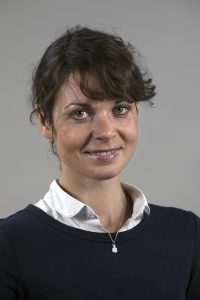
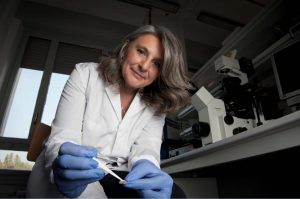
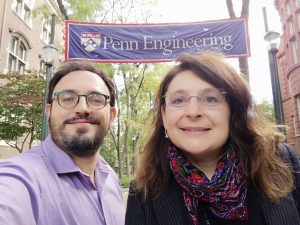
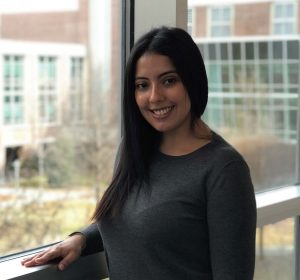 Speaker:
Speaker: 
